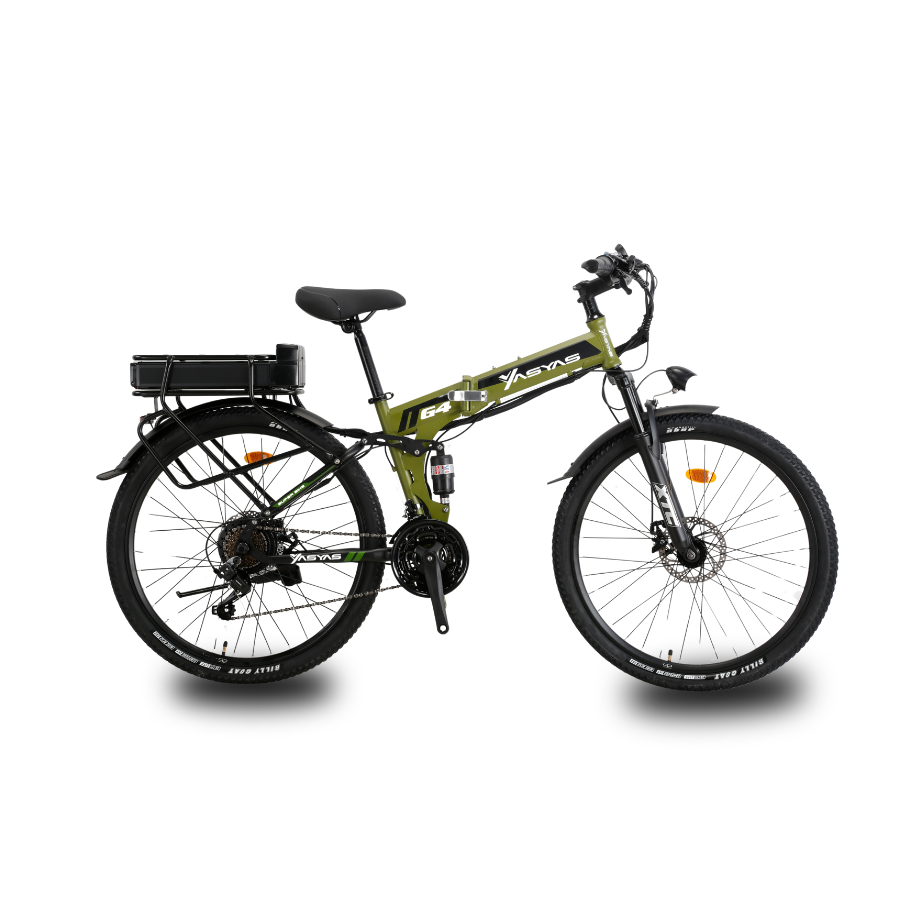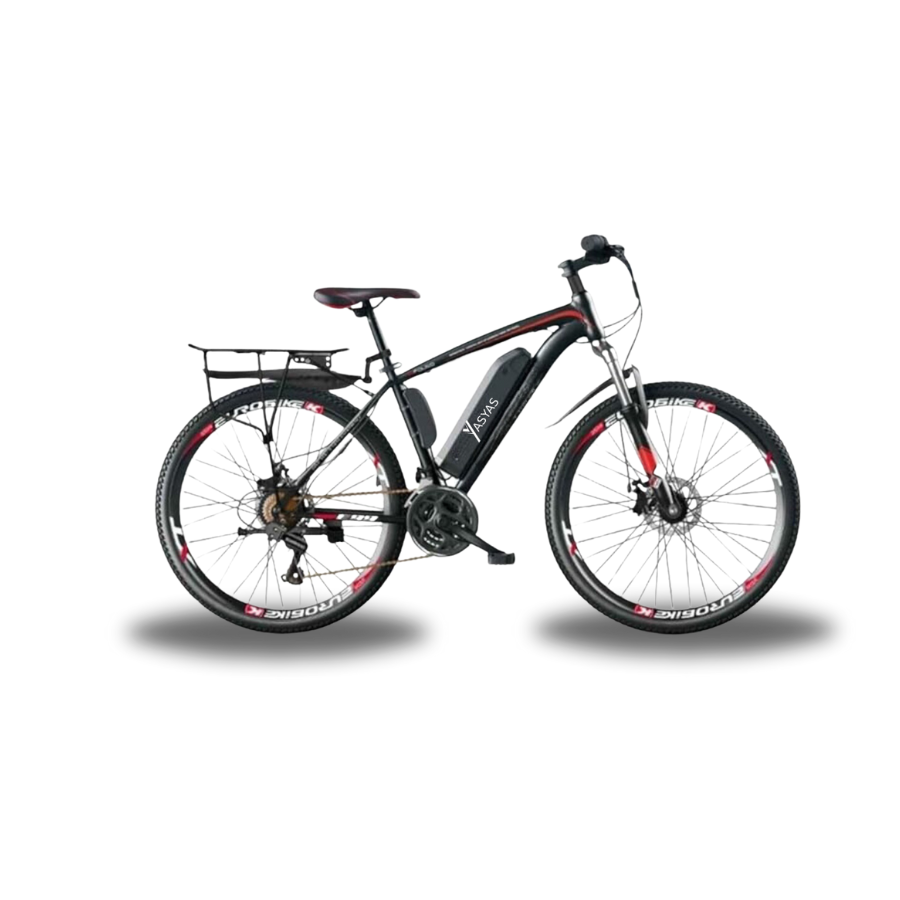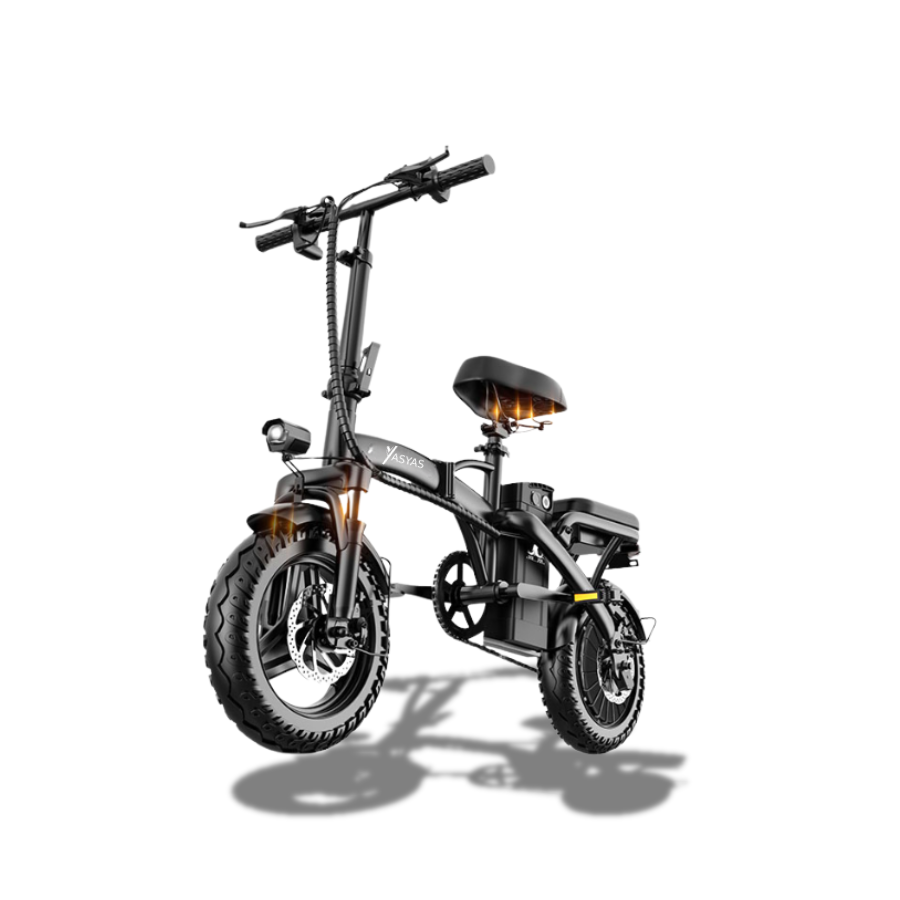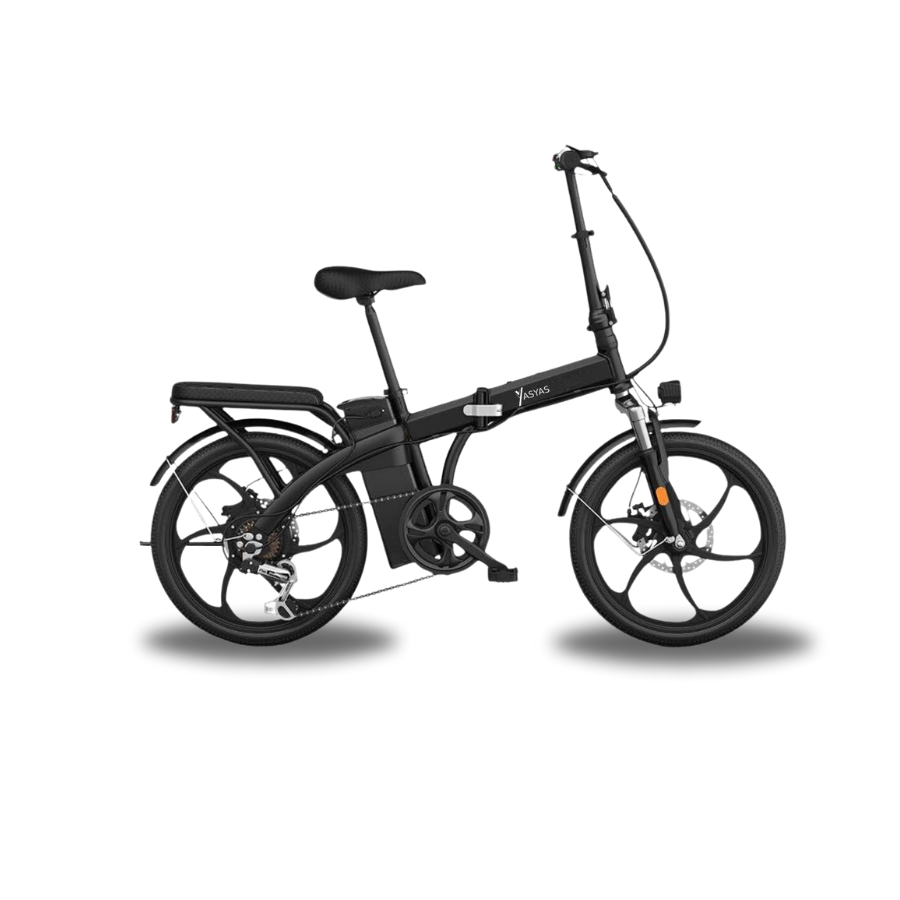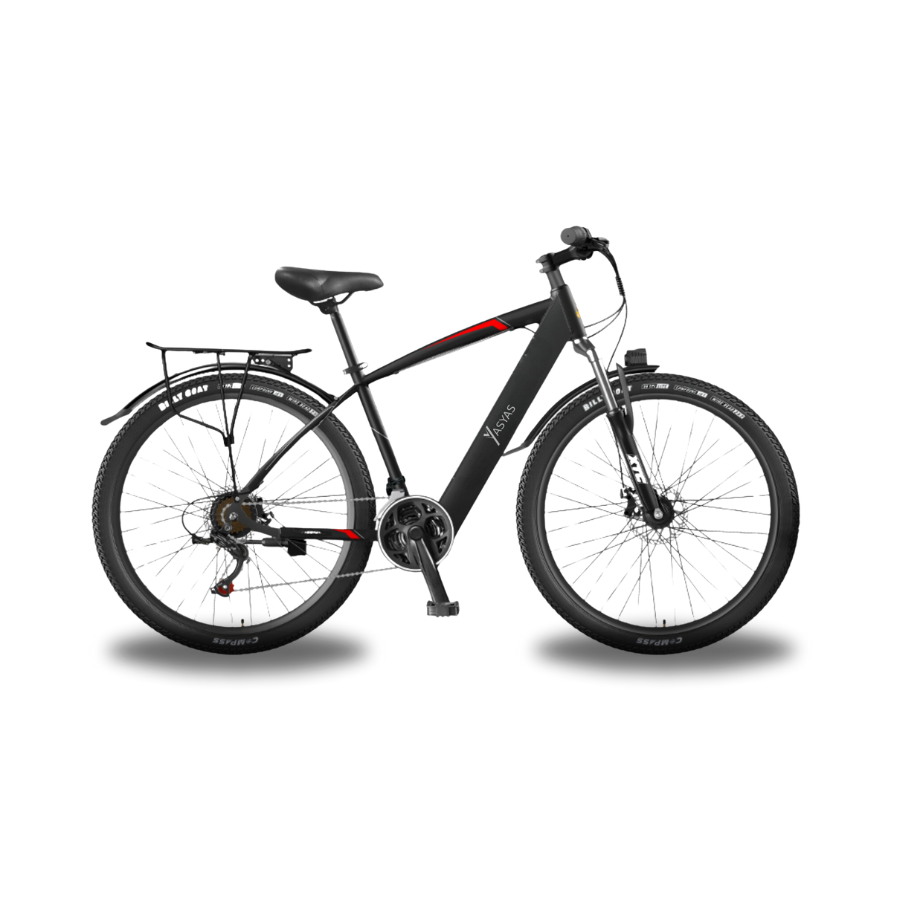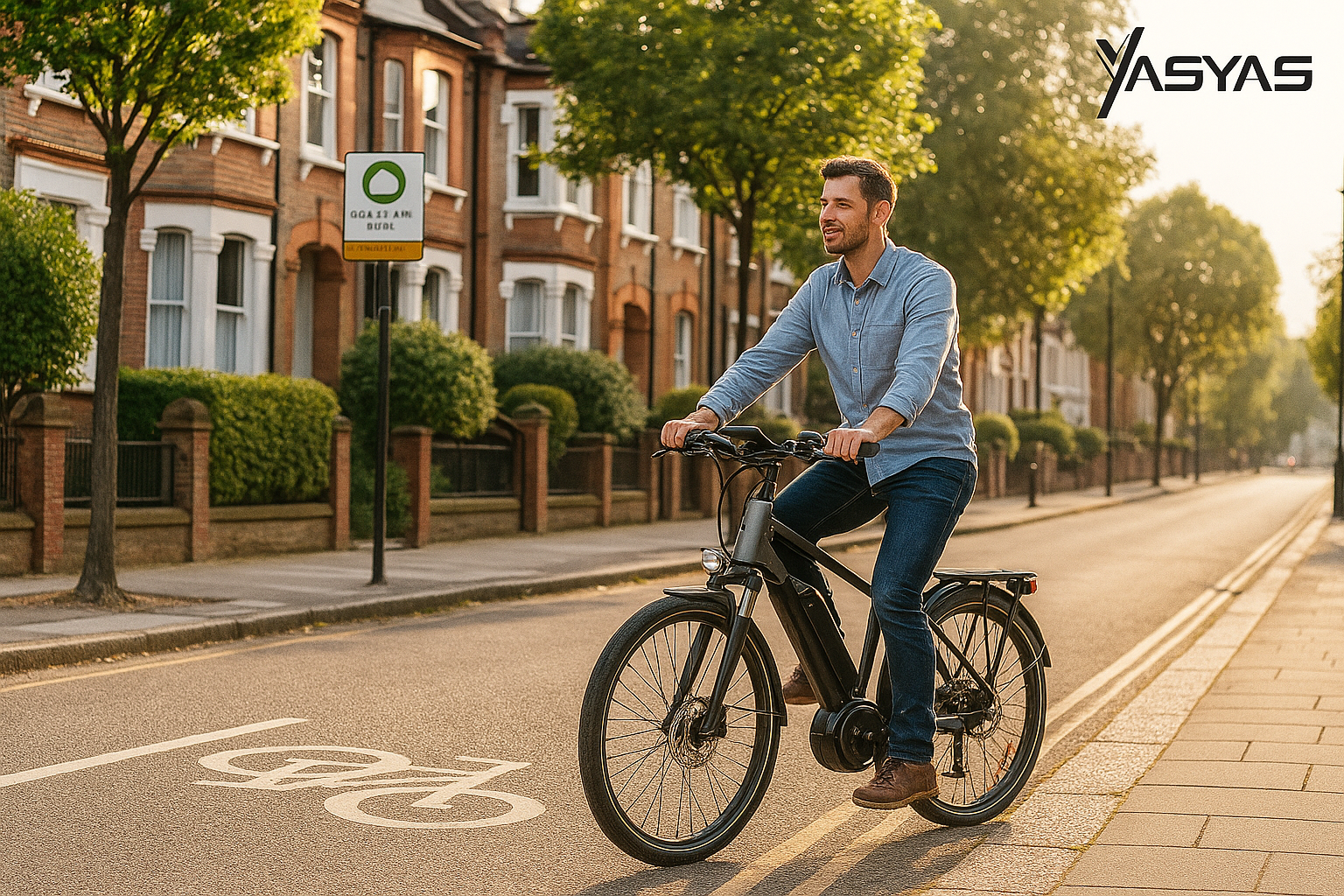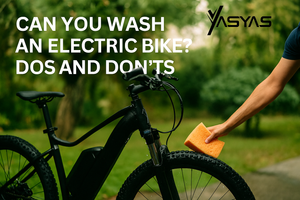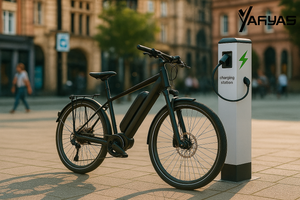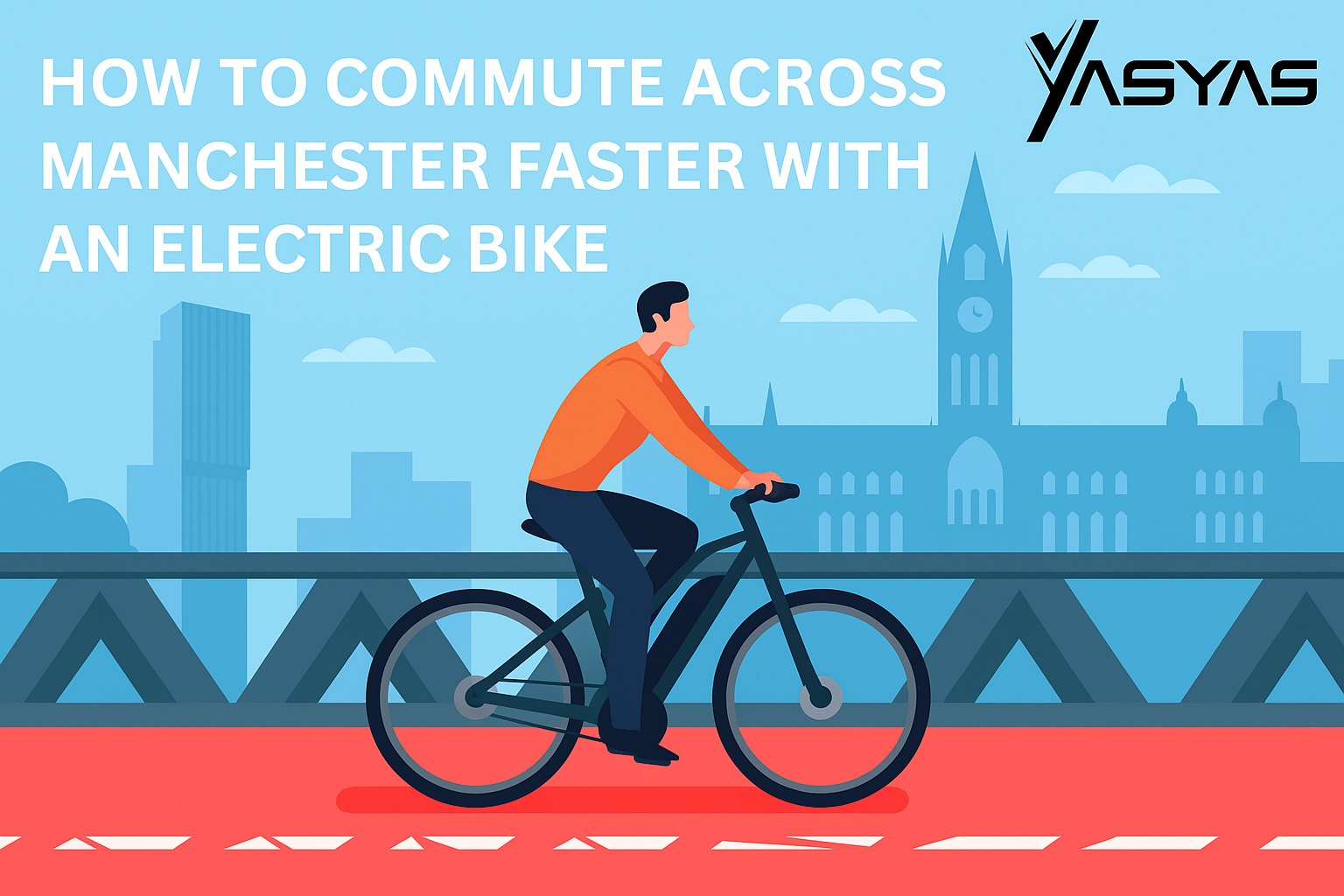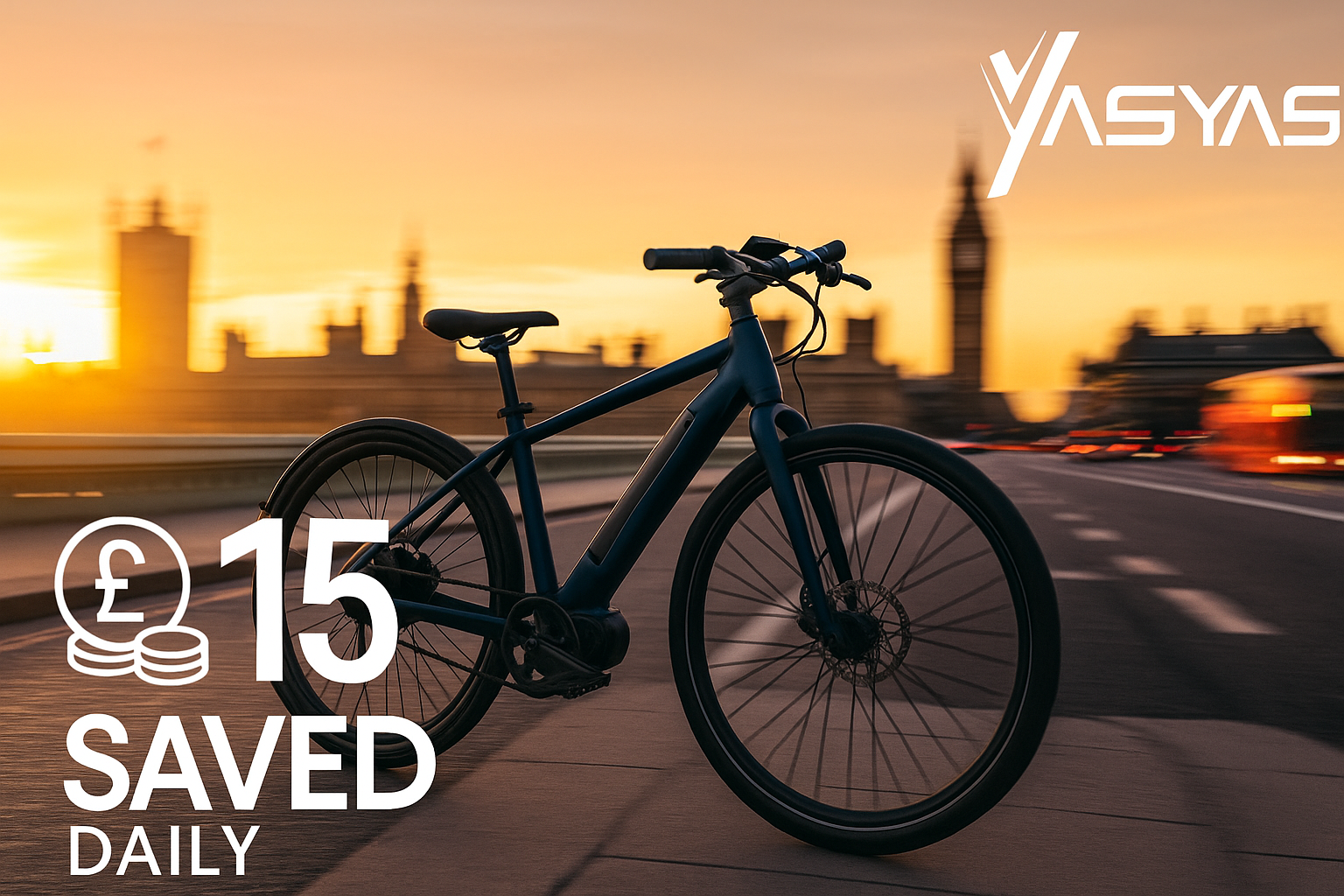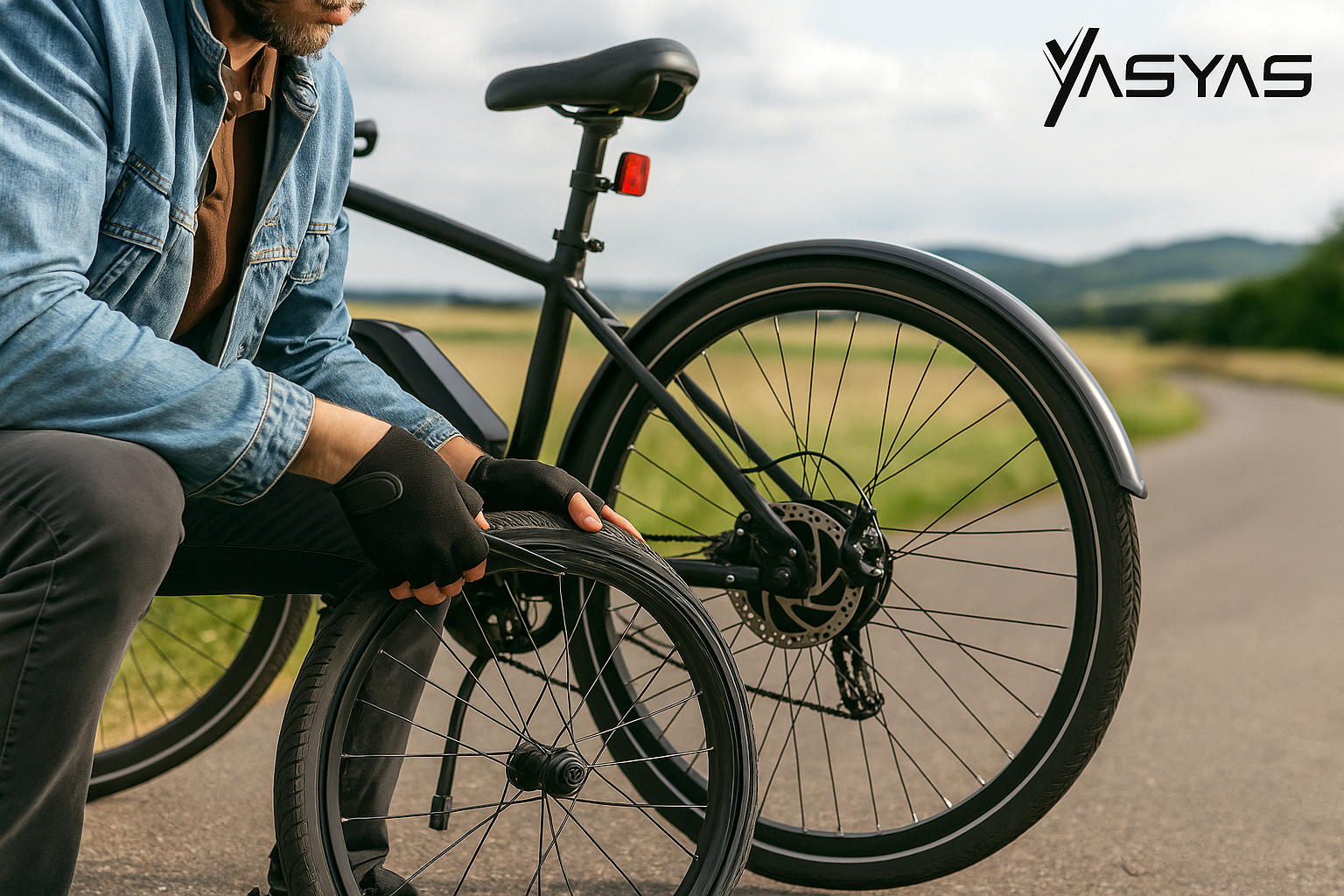Last week I swapped a typical five mile drive through east London for an electric bike ride. It left me wondering just how much difference that small change makes. With congested roads, rising fuel prices and growing concern over air quality, many people here in the UK are starting to ask the same question. Are electric bikes actually good for the environment or planet?
How Eco Friendly Are Electric Bikes Compared to Cars?
Think about that daily school run or commute. A petrol car could produce around 150 grams of carbon dioxide per kilometre. On the other hand, using a fully charged e-bike to get around doesn’t release any harmful gases while you're riding it. Even when you include the electricity used for charging, emissions are dramatically lower than combustion engines.
In towns like Bristol and Newcastle, where clean air zones are in place, replacing just a few short car trips with e bike rides can make a noticeable impact on air quality over time.
Do Electric Bike Batteries Cause Pollution?
It’s a valid concern. The batteries used in e-bikes are made with elements such as lithium and cobalt, which help store and deliver power efficiently. Mining these requires energy, and when batteries are thrown away improperly they can harm ecosystems. But most batteries last for years and modern recycling programmes in the UK capture valuable materials at the end of life.
On top of that, manufacturers selling through Yasyas now often offer battery buy back schemes or guidelines on recycling. Over the lifetime of the bike, including manufacture and disposal, the carbon footprint still remains far lower than petrol cars.
Are Electric Bikes Energy Efficient?
In my experience the cost to fully charge an electric bike rarely exceeds ten pence at current electricity rates. That charge usually gives me between thirty and forty miles of riding, depending on terrain and weight.
When you look at the same journey done in a petrol car, the emissions are much higher. The difference in energy efficiency is huge. And if your home is on a green energy tariff or you power up with solar panels, the ride becomes even more sustainable.
Are Electric Bikes Practical for Commuting in the UK?
Absolutely. I’ve seen commuters in Cardiff charging their bikes at work and cycling home without emissions. Others in Manchester zip through suburban streets without waiting at bus stops or circling for parking.
Plus, many models fold or come in step through frames. That means you can stow them under a desk or bring them on the train easily. Long gone are the days when back seat kids and bulky bags meant a long car ride. It’s now a quick pedal with a little electrical assist.
Does Riding an Electric Bike Support Cleaner Towns and Cities?
Yes. The fewer cars on narrow residential streets in places like Surrey or Kent villages, the better. Without car exhausts, there’s less nitrogen dioxide and particulate matter lingering where children play or people walk their dogs.
Even the buzz of traffic seems to fade when a community embraces cycling lanes and e bike commuting. Suddenly streets feel calmer, and shops on high roads feel less traffic packed. It’s not dramatic, but day after day the air quality improves.
How Long Do Electric Bikes Last?
I’ve had mine for four years and it’s still in good shape. Most e bike manufacturers estimate five to seven years life before major parts wear out. This includes batteries capable of three or four hundred full cycles and frames that resist corrosion.
Because they last longer, you won’t need to replace them often, which cuts down on waste and saves money over time. It’s a far cry from single use plastic transport or scrapping a polluting petrol car after a short period.
Is Riding Greener Than Taking Public Transport?
British buses and trains are often touted as eco friendly, and they are compared to driving. But they still use diesel or electricity from the grid, plus they serve many riders at once. An electric bike offers a flexible, emission free ride for individual trips, especially when transit schedules don’t align.
You get to decide when to leave, avoid crowded platforms and skip multiple bus changes. Plus there’s no noise and fewer delays indoors.
Practical Eco Tips for E Bike Users
-
Keep tyres at correct pressure to improve efficiency
-
Charging at night, especially during off-peak hours, often means using cleaner electricity, since more of it comes from renewable sources at that time.
-
Clean and lubricate the chain to avoid wear
-
Book a tune up at service centres, including those in the Yasyas network
-
Upgrade components only when needed to reduce waste
These simple steps help stretch the life of your e bike and keep its footprint low.
From personal experience and UK riding culture, electric bikes give more than just convenience. They offer a genuine way to reduce pollution and support cleaner streets. They cut emissions, use minimal energy, avoid traffic, and fit into real daily routines.
If you’re ready to move away from car trips that clog the roads and pollute the air, even just a little, electric bikes are a sensible switch. Over time, if enough people choose pedal assist over petrol, the difference shows up on the street and in the atmosphere.
To explore e bikes built for British roads and weather, check out the options at Yasyas.com. Every ride counts.

